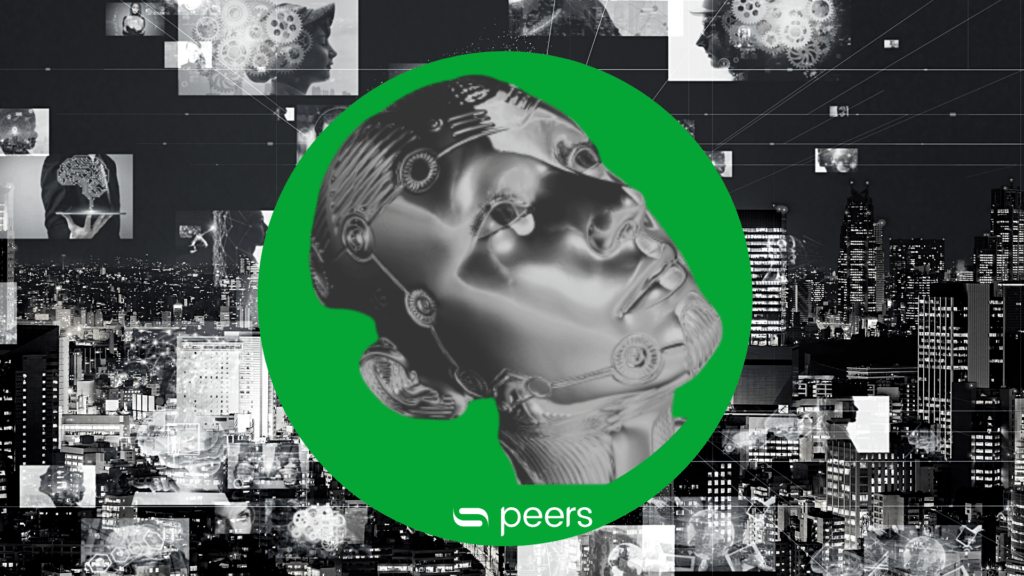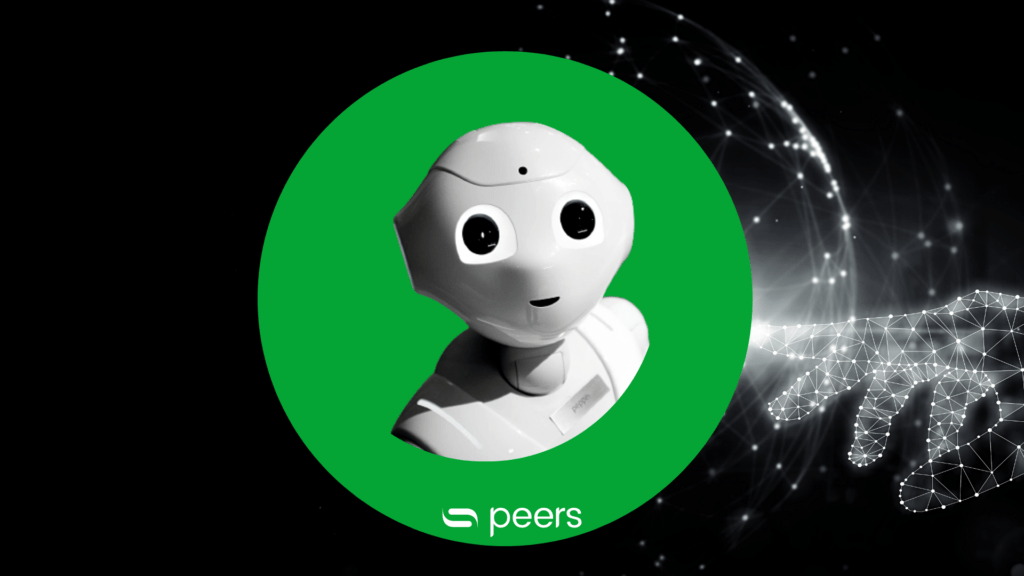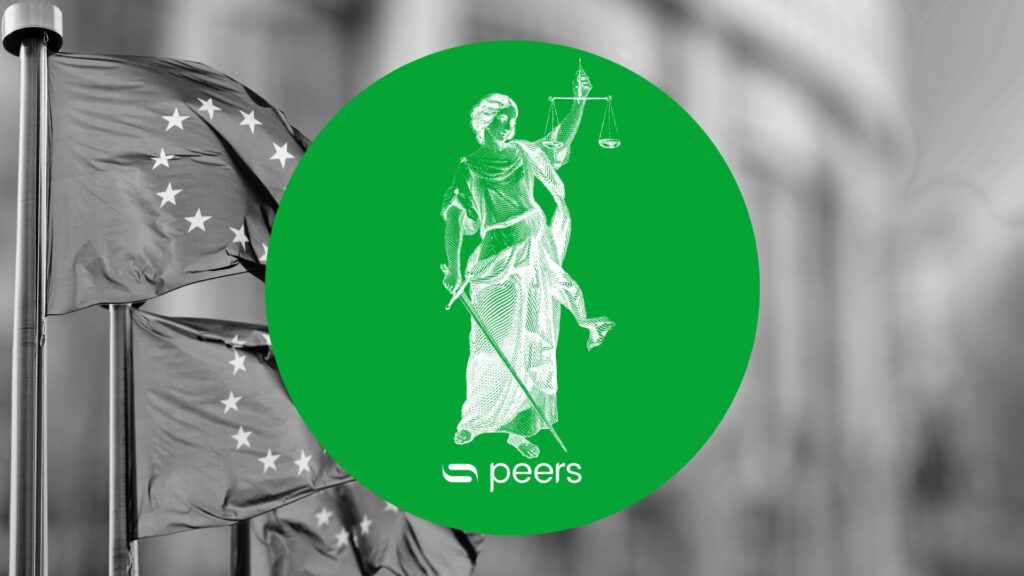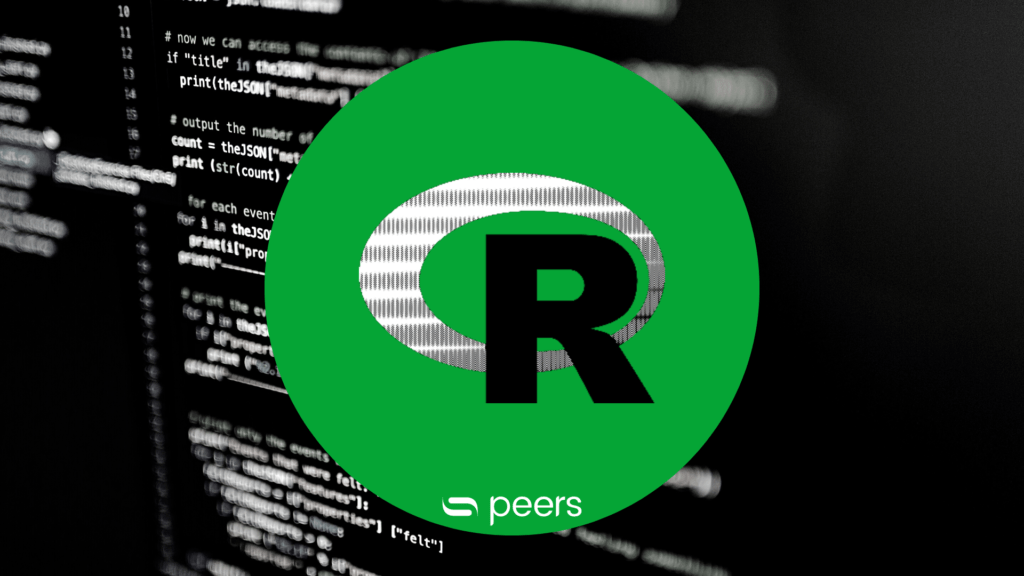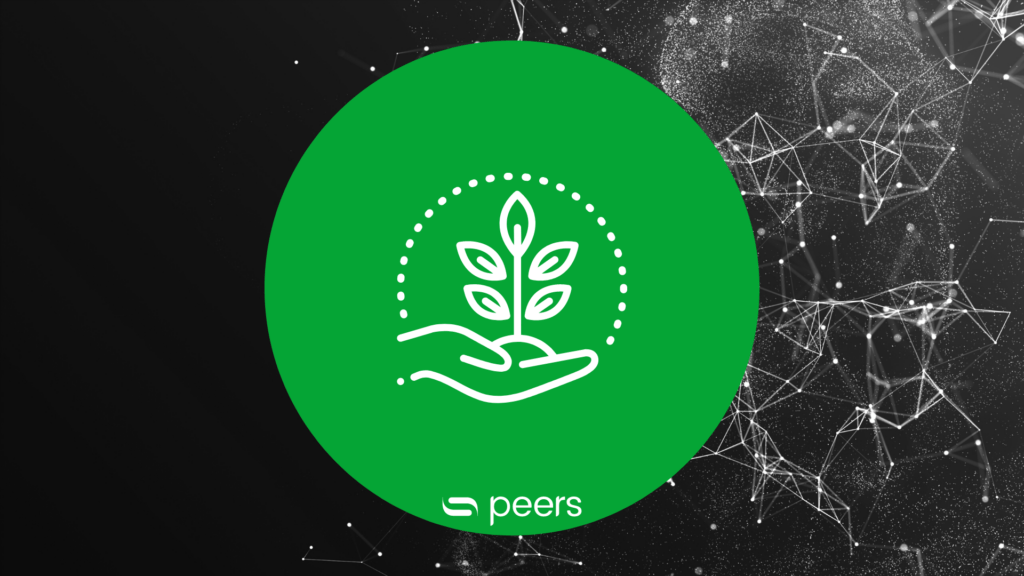What exactly is Corporate Social Responsibility (CSR)?
- Sustainability Solutions
- CSR, ISO, Sustainability Analytics
- 2 min reading time

Dea Marovic
The definition and a pervasive understanding of CSR is the basis for the successful implementation of a CSR concept. Various definitions have become accepted nowadays. Find out which are the most common definitions of CSR in this article.
Table of contents
Definition of the term Corporate Social Responsibility
The term Corporate Social Responsibility refers to the social responsibility of a company and includes not only the social aspect, but also the economic and ecological responsibility of a company. It is important to emphasise that CSR is a voluntary performance by companies that goes beyond legal requirements, which is why there are various definitions of CSR.
CSR definition according to the European Commission
Two of the most commonly used definitions of CSR were established by the European Commission as part of its EU strategy. In 2001, the established definition was: "CSR is a concept that provides a basis for enterprises to integrate, on a voluntary basis, social and environmental concerns in their operations and in the interactions with their stakeholders." (European Commission, 2011, p. 3). The definition was further developed in the 2011 EU Strategy, which defines CSR as "the responsibility of enterprises for their impact on society" .The second definition is more accurate, as the focus is not only on the social and environmental responsibility of companies, but on the overall picture of the impact on society and thus takes into account all 3 pillars of sustainability (economic, environmental, social).
The first international standard on CSR was published by the International Organization for Standardization (ISO) in 2010. ISO 26000 serves as an international guideline. It was created in a working group by over 300 experts from 54 countries. In ISO 26000, CSR is defined as:
"CSR is the responsibility of a company for the impact of its activities on society and the environment and its CSR management, i.e. the use of appropriate practices as well as the implementation of projects that result in the company and its activities
- avoiding or minimising negative impacts on individuals, society and the environment,
- complying with applicable law,
- adequately taking into account the interests of the stakeholders; and
- contributing to sustainable development." (ISO 26000)
For which sectors/organisations is CSR relevant?
This definition focuses for the first time not only on companies of all sizes and industries, but on all organisations and is thus globally applicable to all types of organisations. ISO 26000 not only provides a clear explanation of the concept, but also guidance on how to implement it. As we live in a globalised and interconnected world, a common international understanding of values, principles and rules in the field of responsible organisational management is crucial for the success of the concept.
5 reasons for CSR
Why should companies concern themselves with Corporate Social Responsibility? You can find 5 reasons in this Wiki article.
Would you like to delve deeper into this topic? Then we look forward to a personal exchange on the topic of sustainability reporting. Simply get in touch with us!
More information on the topic of sustainability can also be found in other Wiki articles.

Published by:

Dea Marovic
Lead Sustainability & Professional Analytics Consultant

Dea Marovic
How did you like the article?
How helpful was this post?
Click on a star to rate!
Average rating 4.8 / 5.
Number of ratings: 4
No votes so far! Be the first person to rate this post!

